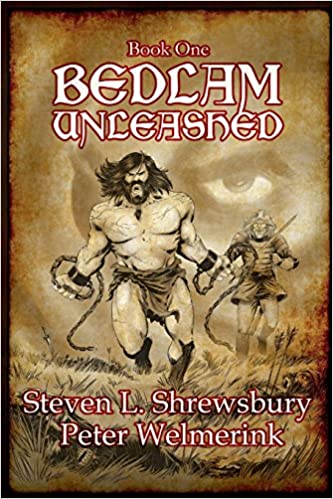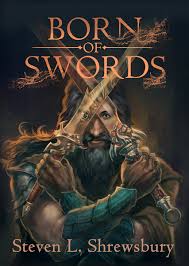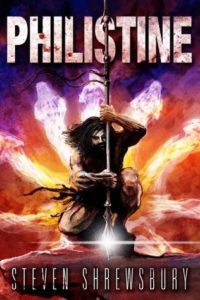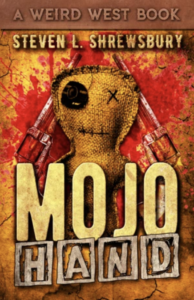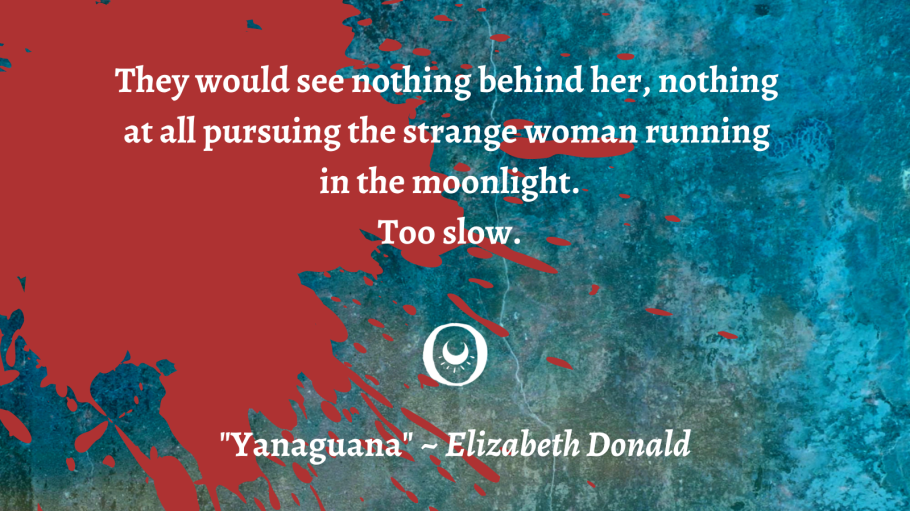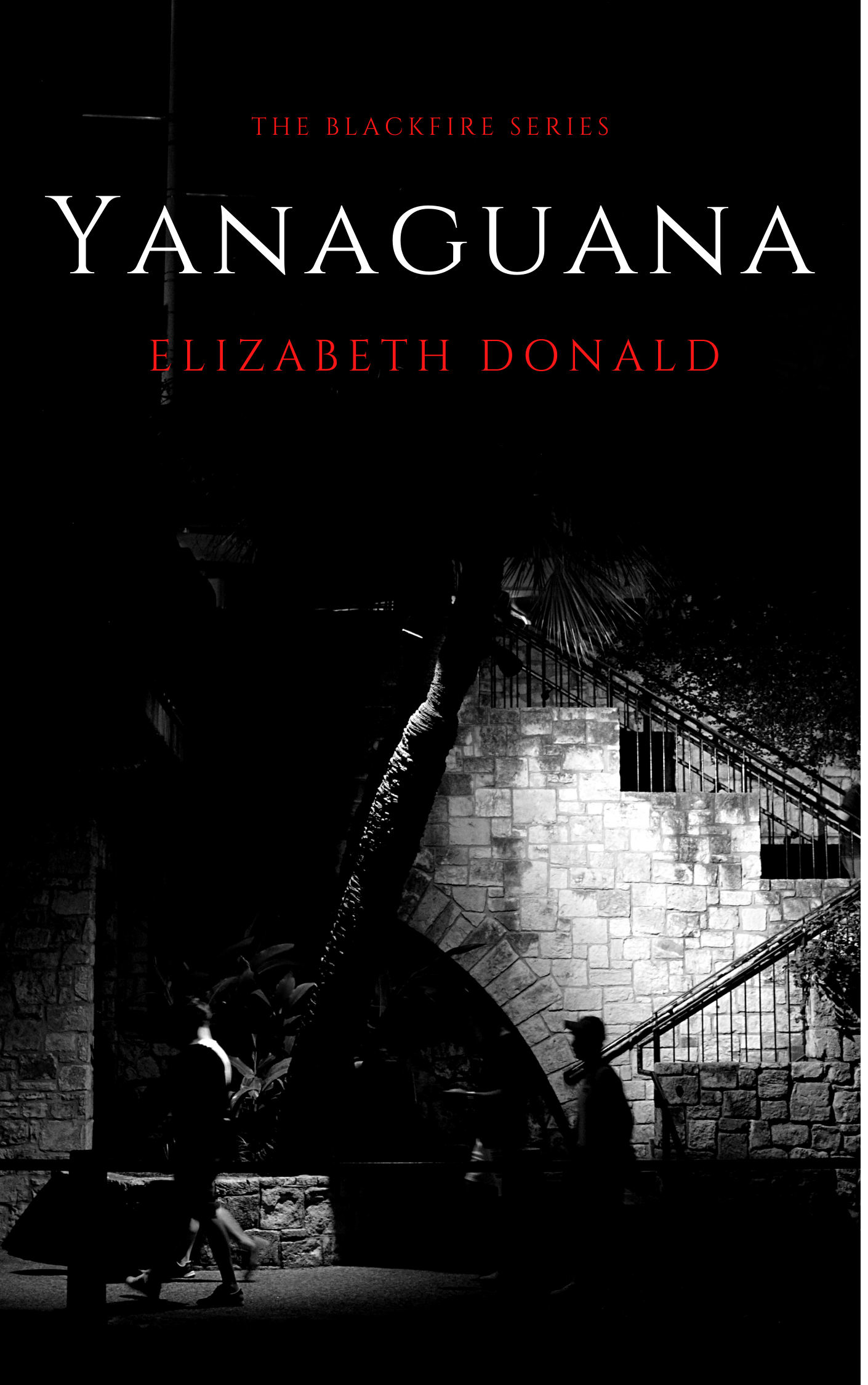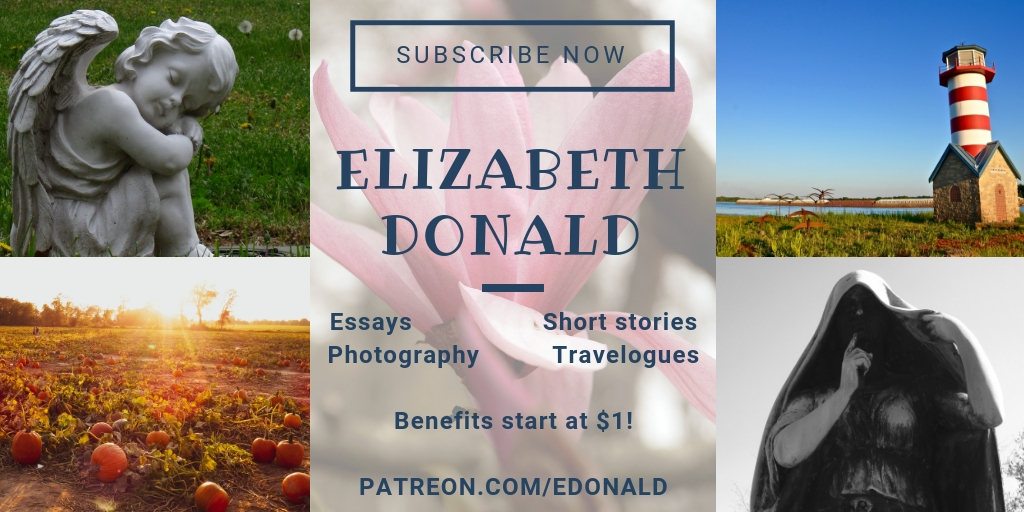What does it mean when your so-called new book launch is actually a second chance at life?
I’ve been thinking about this lately, especially as I work my way through finishing the book series I contracted last year with Falstaff Books. Cold Run, Book 1 of the Rick Keller Project, is a werewolf secret agent novel that tells the story of Rick Keller, a wolf without a pack, a soldier without a country, a wanderer who searches for someplace to call home.
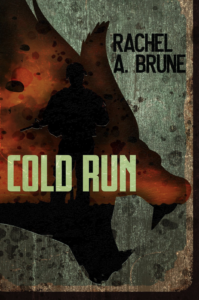 Falstaff Books released Cold Run on Dec. 8, 2022, but it wasn’t the first time the novel had ever been launched into the world. I’d originally written it for NaNoWriMo in 2011, although the idea for the novel came around even earlier than that.
Falstaff Books released Cold Run on Dec. 8, 2022, but it wasn’t the first time the novel had ever been launched into the world. I’d originally written it for NaNoWriMo in 2011, although the idea for the novel came around even earlier than that.
The book, which I hadn’t even considered expanding into a series at the time I wrote it, grew out of a book, Naming the World. My writing group in Texas was working its way through the various prompts and practical exercises contained in NtW, and I had chosen to write about a dark place on a snowy night off a narrow trail in the wilds of Vermont. As I imagined this place and started concentrating on the details that would bring it to life, I saw a wolf running along the path, pursued by men with silver weapons, sprinting for sanctuary under the full moon.
As the writing exercises evolved into a novel idea, and the idea evolved into an extremely rudimentary outline, and the outline served as the basis for the mad dash that is NaNoWriMo, I began to think about publication. For the next two years after I wrote it, I workshopped, revised, workshopped, and revised again. I continued to grow as a writer, and eventually conceived of an entire trilogy around this character of Rick Keller, secret agent werewolf; his partner, former Army psychological operations officer Karen Willet, Ph.D.; and their run-ins with the agency he used to work for, MONIKER.
When I was finally satisfied with the book, I submitted it to a few agents and editors. A small publishing house by the name of Untold Press picked it up and offered me a chance to get it published. And then I wrote another novel, and a novella and a reader magnet, which they also sent out into the world. I personally made a lot of mistakes and did eventually end up asking for and readily receiving my rights back to the books. However, I don’t regret this experience. I learned a lot from it, and when it came time to decide how I wanted to publish other writing, or to coach others’ in their writing journey, the lessons became that many more tools in my writing and coaching toolbox.
Instead of publishing right away, I decided that I was going to rapid-release them all, and also that Winter Run, the fourth book, would be the last in the series.
Deciding to indie publish is a route that can be fraught with, if not danger, then a lot of frustration and head-desk contact. The stereotype of the writer who drinks is often based in reality. Let me tell you, the writer who is publishing herself, and also running an indie publishing company (because of course, launching an indie horror micropress in the middle of plague times was a great idea! For more on that, check out Crone Girls Press,) that writer/editor/publisher is going to keep the package good store in good standing.
At one point, I ran up against a roadblock that was going to take a good deal of time, effort, and likely money to fix. I headed over to my current writing group, The Writing Tribe, and with sorrow in my heart, I vented my frustration and asked the universe (and my fellow writers) if this was worth it. Not writing, in general. This werewolf secret agent series in particular.
I don’t have an answer yet to that question. And when I do formulate that answer, I’ll be taking my publisher’s concerns into the equation. But I will say this.
When you get a second chance to return to a character, a book, or a series that you have put a lot of yourself into, and that you still believe in, you sometimes just have to take a chance and kick your imposter syndrome to the curb, along with your inner editor who can’t believe that you’re allowing you early writing back out into the world. I did do some updates and revisions to Cold Run, based on my growth as a writer, and my new understanding of craft and how to structure a novel. I have also been working on a series arc in addition to the other novels in the series (four? Ha! It’s going to be five books long now, and I have so many ideas for short stories in the universe.)
The decision to go with a publisher or head down the indie route can be a hard one, especially with a project that you’ve already tried and not quite met with the success you hoped. But it you have a publisher who believes in you, and who says things like, “I can’t wait to have this book on my table” or “Rick Keller reminds me of Joe Ledger,” then it becomes easier to take a leap of faith and get back to writing. (Also, if you sign the contract, you’re obligated to do so, and therefore I should probably wrap this up and get back to work.)
Thanks to John Hartness and Falstaff Books for giving Rick Keller and company a new lease on life, and thanks to the readers, old and new, who have grabbed a copy and are coming along on the ride.
Richard Keller wanted nothing more than to watch the world go by from his isolated home in Vermont. Life on the other hand had other plans. Kidnapped by his former employers, the covert government organization MONIKER. Richard is forced to suit up once more and use his supernatural abilities in an effort to save kidnapped victims.
However, not all is as it seems with MONIKER, and Keller is going to need all of his wits and strength if he is to return to some semblance of his normal life.
The hunter is about to become the hunted.
We hope to have Cold Run in the Literary Underworld soon! In the meantime, catch it on Amazon where it is available on Kindle Unlimited.

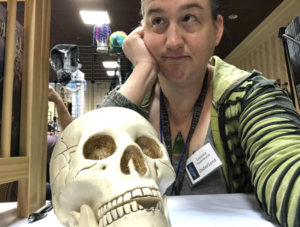 Rachel A. Brune graduated from the NYU Tisch School of the Arts in May 2000, and was immediately plunged into the low-stakes world of entry-level executive assistant-ship. Her unexpected journey out of that world and into the military is chronicled in her self-published book Echoes and Premonitions. After five years as a combat journalist, including two tours in Iraq, and a brief stint as a columnist for her hometown newspaper, she attended graduate school at the University at Albany in NY, where she earned her MA in Political Communication, and her commission as a second lieutenant in the military police corps. Although her day job has taken in her in many strange, often twisted directions, Rachel continues to write and publish short fiction. She released her first novel in early 2013. She blogs her thoughts about reading and the writing life at http://www.infamous-scribbler.com.
Rachel A. Brune graduated from the NYU Tisch School of the Arts in May 2000, and was immediately plunged into the low-stakes world of entry-level executive assistant-ship. Her unexpected journey out of that world and into the military is chronicled in her self-published book Echoes and Premonitions. After five years as a combat journalist, including two tours in Iraq, and a brief stint as a columnist for her hometown newspaper, she attended graduate school at the University at Albany in NY, where she earned her MA in Political Communication, and her commission as a second lieutenant in the military police corps. Although her day job has taken in her in many strange, often twisted directions, Rachel continues to write and publish short fiction. She released her first novel in early 2013. She blogs her thoughts about reading and the writing life at http://www.infamous-scribbler.com.
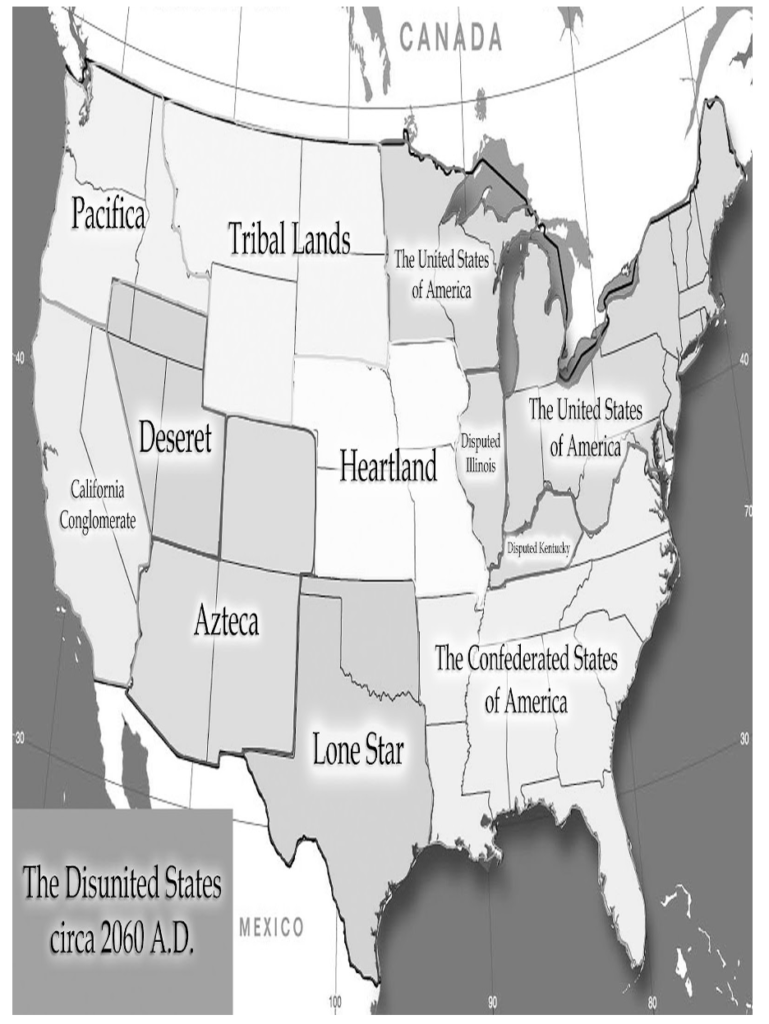
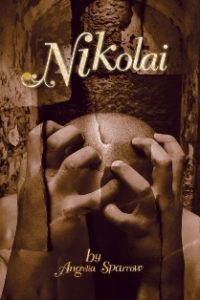

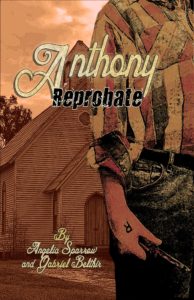
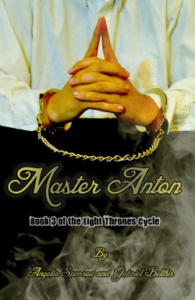
 Angelia Sparrow is a professional driver, part-time grandma and full time cat-servant. She lives quietly in the midsouth with two husbands and a wife, overseeing the legalities of an Emerging Religion. She runs Crossroad Treasures, a craft shop, and handles its subscription box at
Angelia Sparrow is a professional driver, part-time grandma and full time cat-servant. She lives quietly in the midsouth with two husbands and a wife, overseeing the legalities of an Emerging Religion. She runs Crossroad Treasures, a craft shop, and handles its subscription box at 
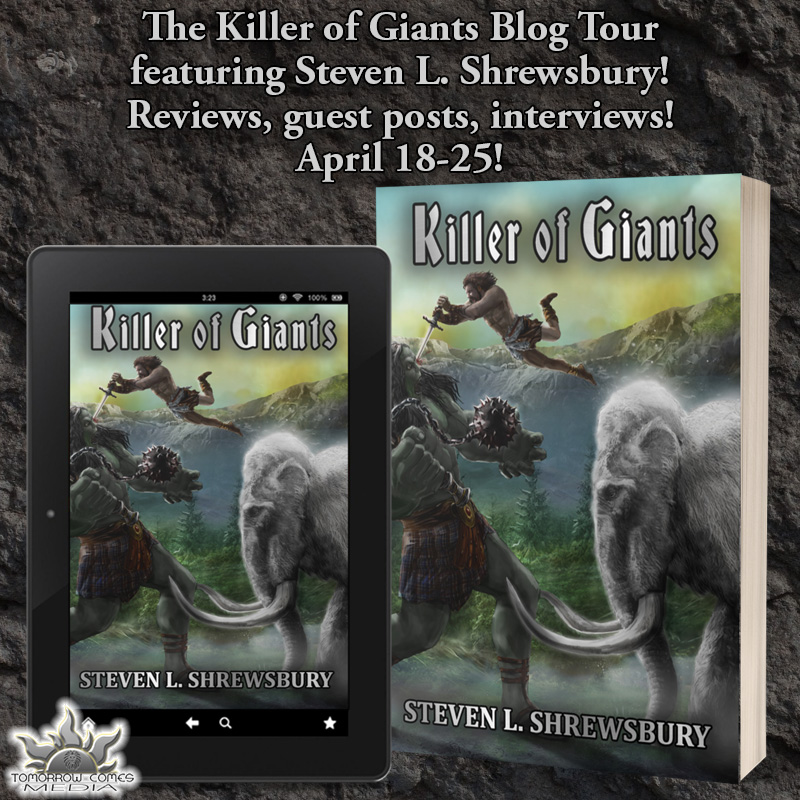
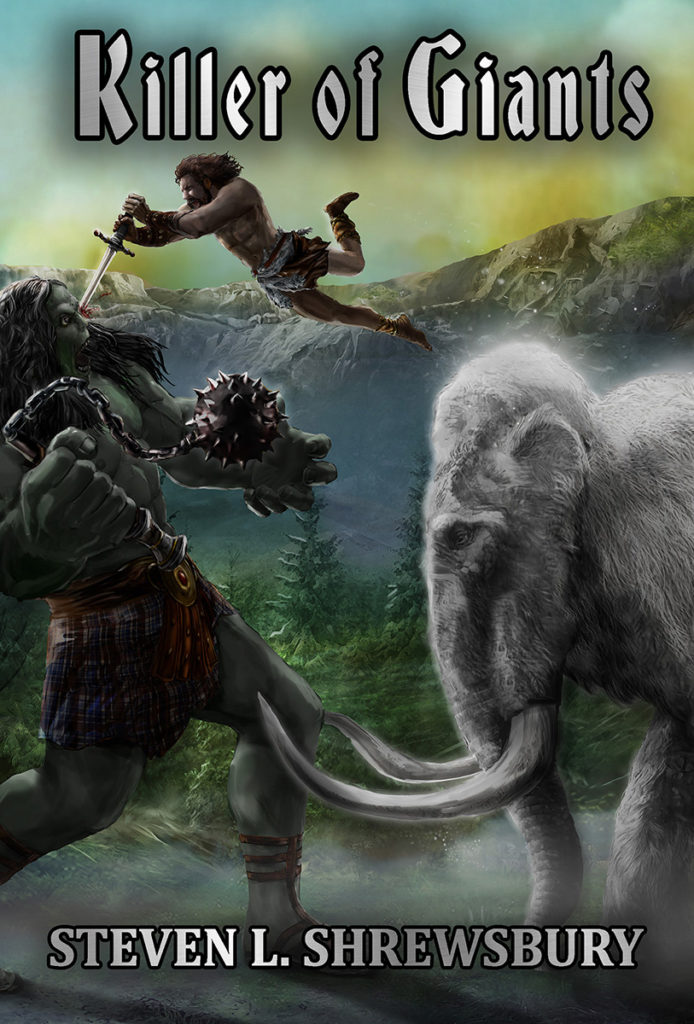

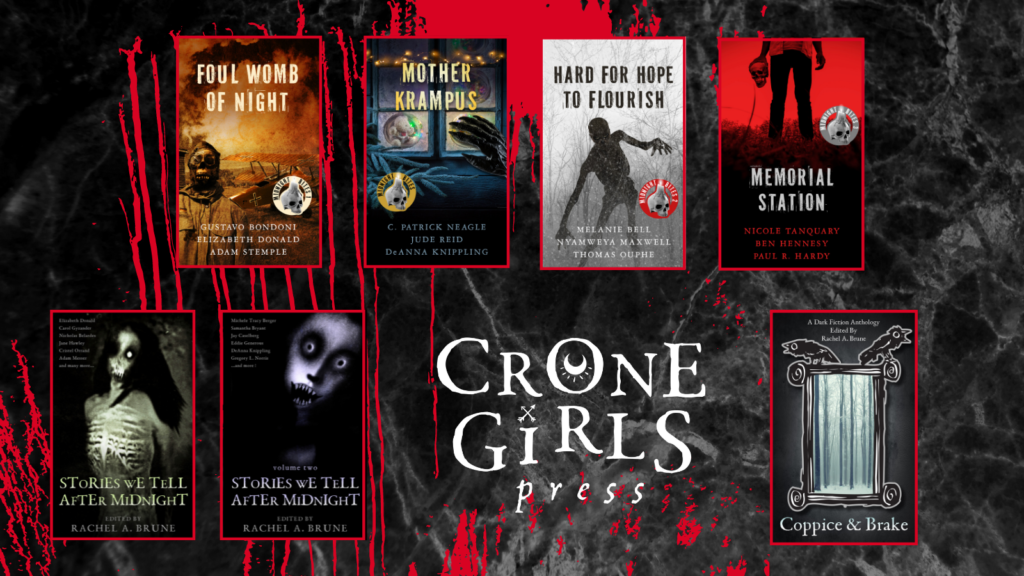
 As a military journalist,
As a military journalist, 
